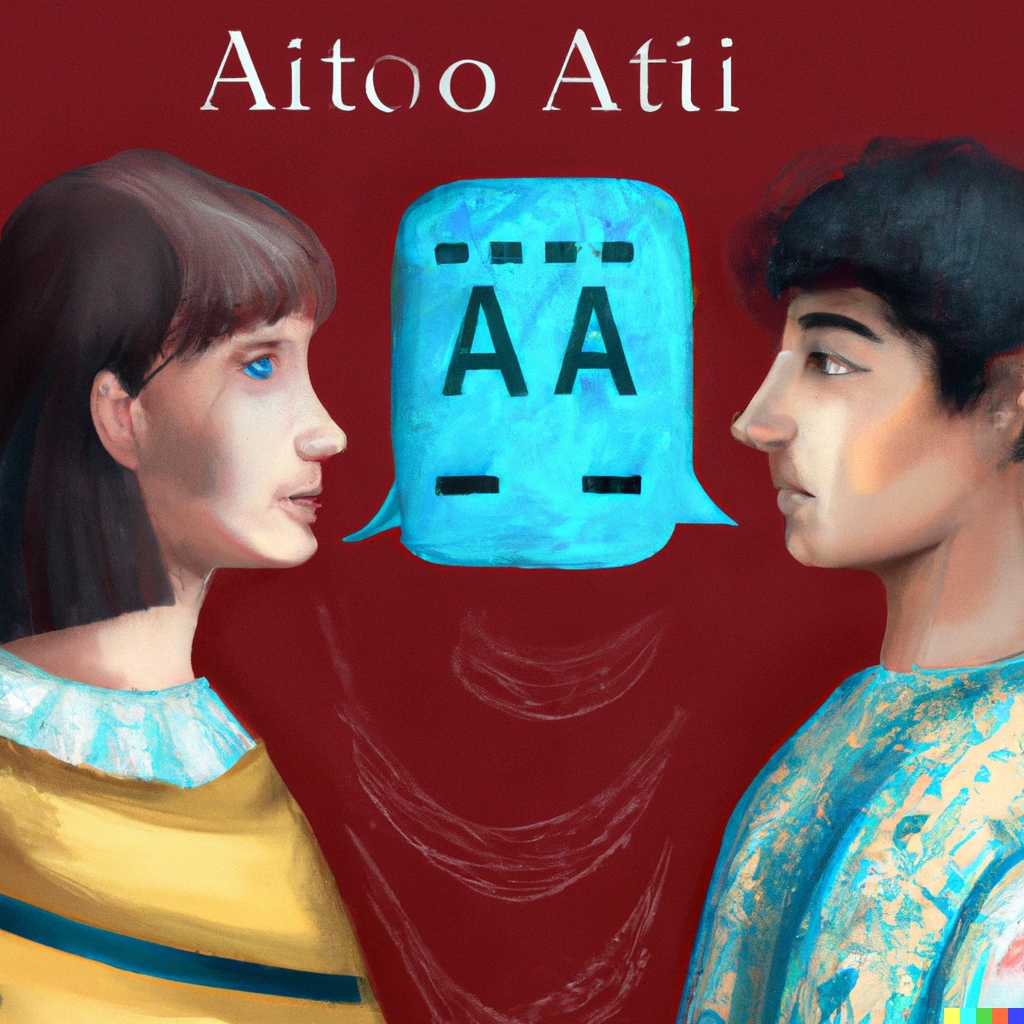Chat GPT has had a significant impact on non-English speakers, empowering them to confidently use the English language and access knowledge and culture that was previously not available in their native language.
Since the launch of Chat GPT, I have spoken with more than 50 people from various backgrounds, including academics, students, marketers, doctors, and nurses. One interesting observation I had was that those for whom English was not their first language reported that the tool gave them more confidence in writing in English. While many of these individuals were familiar with other translation tools like Google Translate, they were aware that these tools are not perfect and that translations, especially when it comes to technical or cultural topics, may not be up to their desired standard.
With the introduction of Chat GPT, non-English speakers shared that they feel more confident using the English language. Some mentioned taking notes in English without worrying too much about grammar and spelling, and then using the tool to correct any errors. Others said they take notes in their own language and then use Chat GPT to translate and correct their notes. A few individuals even reported that Chat GPT has empowered them, leading them to tweet more, comment more, and feel more confident about replying to emails in English, something they had previously dreaded for years or even decades.
In addition to increasing confidence, several individuals mentioned that Chat GPT has democratized their access to knowledge and culture that was previously not available in their native language. These are significant cultural changes, especially when people feel that the tool empowers them.
Text BW-AI Score: 2 | Image BW-AI Score: 10
